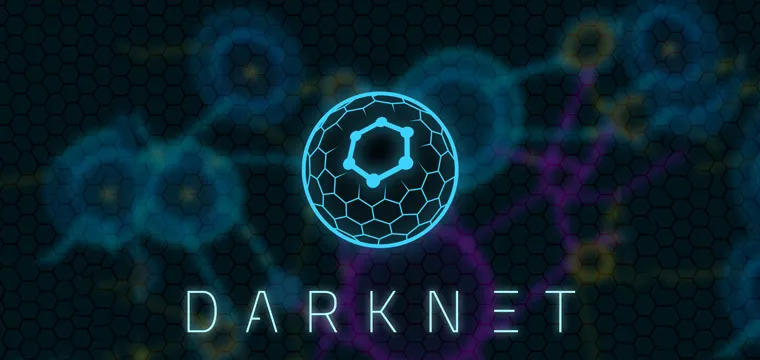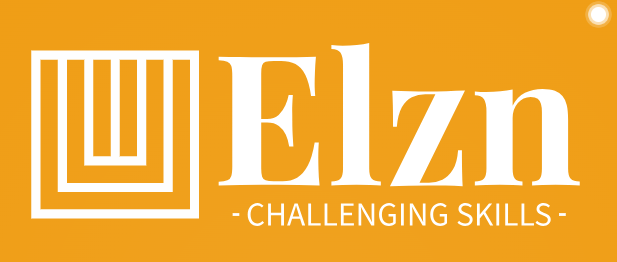In an era where digital footprints are meticulously tracked and user data is constantly harvested, the need for online anonymity has never been more crucial. Torzon, a fusion of the Tor The Onion Router network and Zeronet or I2P, represents one of the more sophisticated corners of the darknet that is enhancing digital anonymity for users seeking refuge from mass surveillance. Torzon empowers individuals to navigate the internet without revealing their identity or location, acting as a shield against the invasive scrutiny of governments, corporations, and cybercriminals alike. At the core of Torzon’s appeal is its ability to mask user activity through a combination of encryption layers and peer-to-peer networking. Tor, for example, routes internet traffic through a randomized series of volunteer-operated servers, or nodes, making it nearly impossible for observers to trace the origin or destination of data. This anonymization is further bolstered by integration with Zeronet or I2P, platforms that use distributed hosting and cryptographic addressing, respectively, to ensure that no single point of failure or data exposure exists.

These layered technologies make Torzon market an effective tool for users aiming to maintain privacy and resist surveillance capitalism. Beyond technical anonymity, Torzon plays a vital role in supporting digital freedom and expression in repressive regimes. In countries where government censorship is widespread and dissent is criminalized, access to the open internet is often restricted. Torzon enables journalists, activists, and whistleblowers to communicate and share information without the risk of being traced or persecuted. Its encrypted communication channels and hidden services provide a digital safe haven where truth can thrive unimpeded. The platform not only protects individual users but also serves as a crucial infrastructure for promoting transparency and accountability in societies with limited press freedom. However, the benefits of Torzon come with a double-edged sword. Like many tools of anonymity, it is susceptible to misuse. The same privacy that safeguards political dissidents also shields cybercriminals operating marketplaces for illicit goods or services. Despite these ethical dilemmas, the existence of such platforms underscores the broader debate between privacy and security.
Advocates argue that dismantling or banning such tools due to potential misuse is akin to outlawing encryption or personal privacy itself a dangerous precedent in democratic societies. Moreover, Torzon’s continued development reflects a growing demand for personal agency in the digital world. As more people become aware of how their data is exploited, the appeal of anonymous platforms increases. Privacy is no longer a niche concern but a mainstream necessity. Tools like Torzon represent not just a technological solution but a philosophical stance one that asserts the right of every individual to navigate the digital realm without constant oversight. Torzon is a powerful embodiment of digital resistance in an age of mass surveillance. While it is not without controversy, its role in safeguarding online anonymity and empowering free expression cannot be understated. As surveillance technologies become more pervasive, platforms like Torzon will continue to play a pivotal role in defending the digital rights and freedoms of individuals around the world.
